
“What is melanated literacy?”
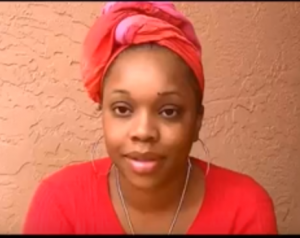 When people are asked this question, a lot of them can’t give the correct answer. Some assume that the term is related to books that outline slavery and the Civil War, while others think that it refers to publications and articles about skincare and skin cancer. Still others have virtually no idea what it means.
When people are asked this question, a lot of them can’t give the correct answer. Some assume that the term is related to books that outline slavery and the Civil War, while others think that it refers to publications and articles about skincare and skin cancer. Still others have virtually no idea what it means.
However, many persons of color may recognize melanated literacy for what it is. In essence, it refers to the process of educating people about what it means to be a person of color (POC). It has two main purposes: the first is to show POCs that they are not alone in the struggles that they face and that there are resources from which they can seek help. The second purpose is to help white people understand the issues (both internal and external) that are faced by African-Americans and other POCs and encourage them to learn more about racism and white privilege.
Where did the term “melanated literacy” come from?
The word “melanated” obviously stems from the term “melanin”, which is the pigment that gives the skin its color (dark-skinned people have more melanin than lighter-skinned folks). “Literacy”, on the other hand, refers to the ability to read, write, speak, listen, and communicate with others in an efficient way. When combined with the term “melanated”, literacy transforms into the process of educating people about racial discrimination as well as other problems that persons of color face.
How is melanated literacy achieved?
There are several ways through which advocates promote melanated literacy. One of these is to write thought-provoking books and articles that would pique readers’ interest, engage them in meaningful conversations, and encourage them to take a closer look at their approach to racial issues. Another is to organize seminars and workshops that allow POCs to confront their anger, fears, and other negative emotions and help them heal the emotional and psychological wounds that have developed over the years. Still another step is to host talks that would bring white people and POCs together and allow them to learn from each other while increasing awareness about racial issues.
 No matter which process is used, though, it’s important to emphasize one thing: conscious conversations. These conversations are different from the ordinary ones that people have in daily life because they shift the focus from the self to others. They encourage people to stop concentrating on their individual concerns and instead pay attention to their fellow human beings and express their respect, concern, and appreciation.
No matter which process is used, though, it’s important to emphasize one thing: conscious conversations. These conversations are different from the ordinary ones that people have in daily life because they shift the focus from the self to others. They encourage people to stop concentrating on their individual concerns and instead pay attention to their fellow human beings and express their respect, concern, and appreciation.
By their very definition, conscious conversations are exactly what’s needed in melanated literacy and in the fight against racial discrimination and other issues. By opening their minds to what other people are saying, persons of color will realize that they’re not alone in the fight while learning how to communicate and articulate their feelings and ideas. By striving to understand the experiences of POCs, white people will become aware of the privilege that’s brought about by their skin color while realizing what they can do to help end racial discrimination.
Applying melanated literacy and conscious conversations
Several people have been able to apply both melanated literacy and conscious conversations in their work, and one of these is Emunah Y’srael. She describes herself as a “DIY soul improvement expert”, which means she helps people heal their emotional wounds, find purpose and meaning in their life, and prepare for the future. She does all of this through her Soulonomics program, a DIY study program that is based on Hebraic universal principles and provides information and activities to help people change their lives.
Emunah Y’srael doesn’t stop there, though. Aside from running her Soulonomics program, she has a show on Blog Talk Radio and a video channel on YouTube. She has also written two books: “My Brother, My Keeper”, a children’s story book that she wrote with her daughter, and “Angry Black Woman Syndrome”, which is written with women of color in mind. She hosts talks and seminars wherein she discusses her books as well as the issues that persons of color face, and she records inspirational reggae music. She does all of this while running a natural beauty business and being a wife and a mother to four children.
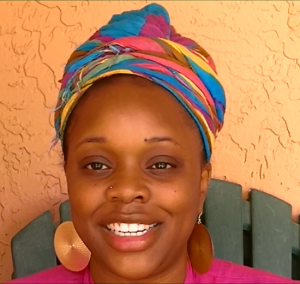 Emunah clearly demonstrates melanated literacy and conscious conversations in “Angry Black Woman Syndrome”. In this book, she talks about how the adjective “angry” is used not just to describe women of color but also to dismiss and discredit their experiences and demonize their anger, which is a wholly human emotion and is something that all people experience. She points out the factors that cause many black women to feel negative emotions and to appear “angry” to other people, and she outlines what would happen if the Angry Black Woman Syndrome (or ABWS) doesn’t get addressed. She also lists the resources that women of color can access as well as the steps that they can take to escape ABWS and heal their emotional wounds.
Emunah clearly demonstrates melanated literacy and conscious conversations in “Angry Black Woman Syndrome”. In this book, she talks about how the adjective “angry” is used not just to describe women of color but also to dismiss and discredit their experiences and demonize their anger, which is a wholly human emotion and is something that all people experience. She points out the factors that cause many black women to feel negative emotions and to appear “angry” to other people, and she outlines what would happen if the Angry Black Woman Syndrome (or ABWS) doesn’t get addressed. She also lists the resources that women of color can access as well as the steps that they can take to escape ABWS and heal their emotional wounds.
The “Angry Black Woman Syndrome” book exhibits one of the best examples of melanated literacy and conscious conversations because it shows women of color that they are not alone and that the issues they’re going through can be solved. It also gives white readers a clear and detailed insight into what black women face and what they can do to help ease the load that these women carry.
Emunah Y’srael doesn’t show any signs of stopping with her work, which is good not just for the black community but also for all persons of color. Hopefully, more authors, musicians, speakers, artists, and entrepreneurs will follow her example and use their skills, talent, and experience to improve melanated literacy and promote conscious conversations.
More of Emunah Y’sreal here:

 Philippe Matthews Show Guru Advice, Author Reviews, Tech Reviews, Entertainment News
Philippe Matthews Show Guru Advice, Author Reviews, Tech Reviews, Entertainment News


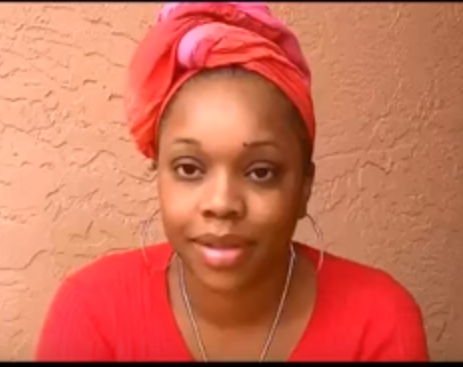

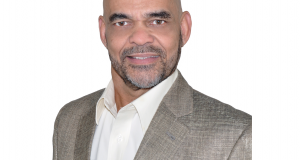
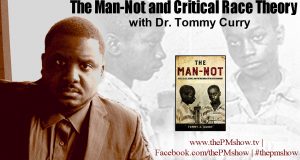
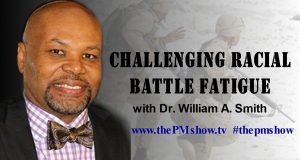
Hi Brother P Mattews. This article on Melanated literacy and Conscious Conversations is indeed very good and as people who to a large extent have not been taught correctly and let alone to be taught that which will uplift us socially, economically as well as politically, then such courses we need. Although I’m a bit disappointed at the emphasis and the use of the term ‘people of color’, according to Dr Claude Anderson such terms have meanings that are vague and the sooner we discard them the better. They are vague and they lack specificity as a result all other people who came into the US yesterday have jumped into that category such people as the Vietnames, the Koreans, the Arabs and many other who are coming to the US as immigrants. The benefits that were meant to go to Black people they are spread in this category and these groups also benefit and they also claim that they are also the ‘people of color’ when in fact they don’t have problems that besets the Black people. We have problems that are peculiar to ourselves, and as such we need a term that is specifically talks about certain people. I myself not convinced about the term ‘people of color’ as meaning people of African descent! or are we afraid to use term ‘Black people’? as Minister loius Farrakhan normally asks!